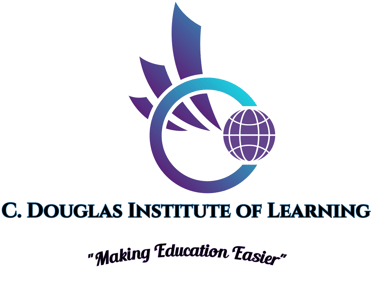
Sonography Technician
Length: 2395 clock hours/96 Instructional Weeks
Awarded: Associate Degree
Program Credit: 93
Mode of Delivery: (online & in person)
Registration: $15,000.00
Uniform: $10,000.00
Lab Fee: $9,000.00
Course Material: $26,000.00
Tuition: $1,108,000.00
Exam Fee: $52,000.00
Student Activity Fee: $40,000.00
Insurance: Contact the accounts department for more information
DESCRIPTION
The program offers an Associate of Occupational Science Degree, integrating didactic and clinical education in abdominal sonography, small parts, obstetrics and gynecology, ultrasound physics and instrumentation, musculoskeletal (MSK), pediatric, neonatal, patient care, and vascular sonography. General Education courses are included to provide a comprehensive foundation.
OBJECTIVE
The Learning Objectives for a Sonography Technician Associate Degree Program encompass a comprehensive set of goals designed to equip students with the essential skills and knowledge required for a successful career in medical imaging. These objectives typically include mastering the principles of ultrasound technology, understanding human anatomy and physiology, developing proficiency in imaging equipment operation, and acquiring the ability to interpret diagnostic images accurately. Additionally, students are expected to grasp the ethical and professional standards within the healthcare field, effectively communicate with patients and medical professionals, and stay updated on advancements in sonography. The program aims to foster critical thinking, problem-solving, and decision-making skills, ensuring graduates are well-prepared to contribute to the dynamic and vital field of diagnostic medical sonography.
EXTERNSHIP
Externship/Field courses are a critical component of this program. Students are supervised by trained and certified professionals during such courses, and they must know there is a zero-tolerance policy for inappropriate and/or unsafe actions or behaviors. Essential documentation of patient care is also a critical element of clinical courses, and satisfactory verbal and written communication in clinical activities is a must. Students are required to complete the required externship hours and other related learning activities before graduation. Students are not paid for work performed at the externship site.
ACADEMIC PROGRESSION
Students must have a valid driver’s permit/license to be admitted into the program. In addition to meeting the standards set in the Satisfactory Academic Progress policy, students must complete all concentration courses with a minimum grade of ―C+ to be considered passing. Any concentration course below a grade of ―C+ must be retaken. A student can attempt a concentration course no more than two times. Any student who fails to pass a concentration course after two attempts is subject to dismissal from the program.
CREDENTIALING EXAMS
Upon completion, students earn an Associate of Occupational Science Degree, positioning them for success in the field. The curriculum prepares students for the ARDMS® examinations, offering a pathway to advanced studies or entry into the workforce.
Weeks 1-12
Unit 1-4: Fundamentals of Diagnostic Ultrasound
Craig's Essentials of Sonography and Patient Care, 4th Edition
Textbook of Diagnostic Sonography, 8th Edition
Weeks 13-24
Unit 5-8:Pathophysiology and Instrumentation
Gould's Pathophysiology for the Health Professions, 6th Edition
Sonography Principles and Instruments, 10th Edition
Weeks 25-36
Unit 9-12: Ultrasound Physics
Understanding Ultrasound Physics, 4th Edition
Weeks 37-48
Unit 13-16: Specialty Areas in Ultrasound
Abdominal Sonography Small Parts and Musculoskeletal (MSK) Obstetrics and Gynecology Pediatric and Neonatal
Weeks 49-60
Unit 17-20: Patient Care and Vascular Sonography
Patient Care in Ultrasound Vascular Sonography
Weeks 61-70
Unit 21-22: Review and Exam Preparation
A&L Review for the Ultrasonography Examination, 5th Edition
Weeks 71-96
Clinical Rotations and Practical Application
Supervised clinical experiences complement theoretical knowledge
PROGRAM OUTLINE
